Positive Psychology: Creating What We Imagine with Dr. Paul Jenkins
Podcast: Play in new window | Download
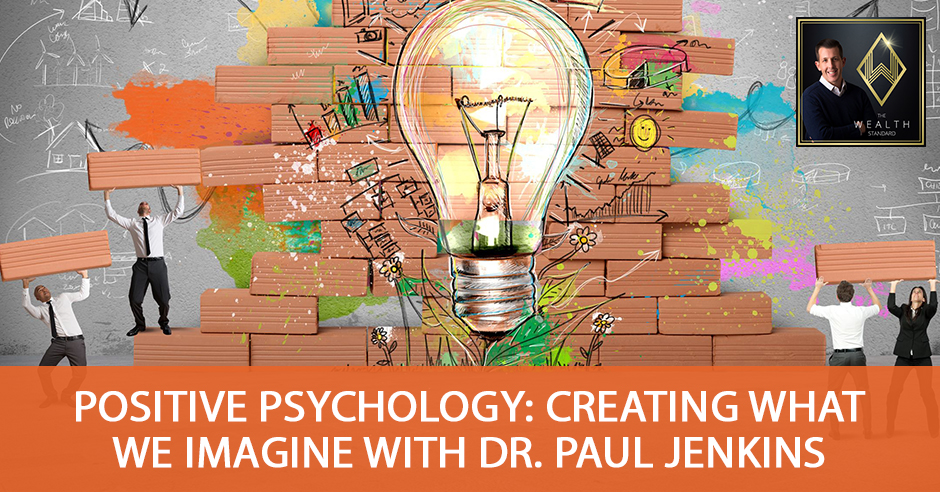
In the psychological literature, we have known forever that happiness and success are correlated. We think that when we’re successful, then we’ll be happy. Dr. Paul Jenkins, however, says we got it backwards. Dr. Jenkins is an author, speaker, positivity expert, and personal development coach with over twenty years of experience as a professional psychologist. He specializes in positive psychology and delves into the subject. He also discusses the evaluation and creation process, creative discontent, how we tick, what motivates us, and why happiness is a choice.
—
Watch the episode here:
Listen to the podcast here:
Positive Psychology: Creating What We Imagine with Dr. Paul Jenkins
I have an incredible gentleman on the show and his name is Dr. Paul Jenkins. We’ve known each other for quite some time. I had the opportunity to be on his podcast. It’s always a pleasure talking to him. He is a psychologist. He’s a speaker. He’s a podcast host. He’s authored two books Pathological Positivity and Portable Positivity. His podcast is Live On Purpose Radio. We’re going to talk about psychology, his specialty. I have some questions to ask him in regard to how we tick and what motivates us. The environment that we’re talking about this entire season and capitalism. Why environment is important as part of the human experience to grow and to achieve what we’re all after in life. Welcome to the show. Thanks for joining us. Why don’t you introduce yourself to our audience?
Thank you, Patrick. I’m honored to be with you. I’ve enjoyed my associations with you over the years. We go back ways and we’ve learned some stuff in that time. I’m a professional psychologist. I left the tribe of traditional psychology. I jumped onto positive psychology, which is a little different animal because we’re not interested in the question what’s wrong with you? That’s the wrong question but we focus on, “What are the principles that allow us to live at a higher level of functioning to enrich our relationships and our experience in life?” You said that it’s a tall order to take on this topic but it’s pretty simple what we’re after, what makes people tick? In my book, I pointed out that we all have the same agenda. We describe it in different ways. Some people call it happiness and some people call it success. One of my favorite alternate words for it is joy. Whatever it is, it’s that feeling that we’re after, that feeling that life is good, that I’m in a good place, that I can reasonably anticipate good things to come. It creates a feeling and that’s what we’re after you think about it, everything else that we do is toward that end.
The common belief is that circumstances are the means to get there. If I had this, then I’ll be happy. If I had this career, I was making this amount of money, I drove this car, I married this woman, I did this or lived here then, I’ll be happy. It’s like we deceive ourselves, in a sense, in order to create criteria in order to have that feeling. How do you approach that?
It’s not even a new idea, Patrick. This goes back through eons of time. All you got to do is talk to somebody who has, all that stuff that you think will make you happy and they will tell you, that’s not it.
People don’t believe them for whatever reasons. It is interesting.
In the psychological literature, we have known forever that happiness and success are correlated. There is an actual correlation, but we got it backwards because we used to think and some of us still persist in this myth. We used to think that therefore when I’m successful, then I’ll be happy. We got it backwards. It’s the other way around and the research is supporting this in some phenomenal ways. When we are happy, then we are successful. How else are we going to define success, when we’ve got the feeling we’re good? We’ve also found that happiness in all the ways that we can measure happiness is correlated with success and all the ways that we can measure success, including finance, relationship, and health. It’s correlated and its causal and there’s a lot of good support for this now that choosing happiness, that happiness is a choice. Honestly, that irritates and annoys some people because they’re like, “Why would I ever choose this?” They don’t see that they are. My job as a psychologist is to illuminate the obvious, which is cool. I get paid to tell people things they already know. How awesome is that? There are obvious things that are completely unnoticed.
One thing that I think about often is the process to understand this, whether it’s someone that has a session with you or they go to a seminar. It is highlighting the obvious. I thought about there’s a narrative in society that if we put a person and we give them a home. We give them food, job and we forced them into a situation, assuming that they’ll be happy and fulfilled. Their life is complete because we gave them all of this stuff. I find it interesting that it never works. Sometimes it makes it worse but why is that? It goes back to the same thing, if I had this, then I would feel this way. When it’s another person’s initiative, maybe it’s a brother, neighbor, acquaintance or friend that’s in hard times and we want to help them, we have this empathy toward them that we want to give them a job, money or a place to live. We think that because of that, now their life’s going to turn around. Why doesn’t that happen?
Everything that we experience gets filtered through our amazing mind. This is where the key is. I said that there’s things that are obvious but unnoticed, like the feeling of your clothes. Can you feel them? Is it obvious? You didn’t notice before I called it to your attention.
That wasn’t my focus.
The fact that we’re speaking English, did you notice?
We’re speaking. We’re making sounds with our mouth and tongue.
It’s obvious once it’s called your attention, but we get programmed into routines that automatically play out. Until we become aware of them, we’re not in a position of choice. Once we’re aware, it puts us in a position of choice. The two processes that I try to help people understand that are going on in our mind are evaluation and creation, they’re very separate processes. You engage your mind to do both of them. Evaluation is judgment and notice as I bring it to your attention, notice that you’re constantly judging, aren’t you? You judge yourself. You judge your circumstances. You judge your spouse, your workplace, your co-workers, the environment and the economy. You judge all of this stuff and you can’t turn it off because your mind is constantly seeking for meaning. You have to evaluate or judge everything. Just notice that you’re doing it.
The other processes creation. You can’t turn this one off either because your mind is busy creating what is to be and that doesn’t exist yet. We haven’t created it yet. Everything that’s created has to be imagined first, so it’s all driven in the mind. That’s both good and bad news. I’ve shared this story with you once, where I was driving. Maybe you’ve done this before too, where you get lost in your thoughts and you’d go right past your exit and I did this. I was going down to St. George, Utah to visit a client. It’s in the southernmost end of Utah and I knew I had missed my exit when I saw the sign. Arizona welcomes you. I’m like, “This isn’t where I wanted to be. I’m in the desert of Arizona.” Nothing against Arizona, it’s an amazing place but it’s not where I was going. How often in life do we look around and it’s more like, “Crap, this isn’t where I wanted to be?”
We look at our circumstances and we think that that’s causing all of our feelings, which is an illusion. It’s a myth. That’s not what causes our feelings, what causes our feelings is the way we’re judging our circumstances. That puts us in position to do the next step, which is to create something. I’m in the desert of Arizona. It’s not where I want it to be. I looked down, guess whose hands I see on my steering wheel? That bites, first we’ve got to acknowledge I am here because I drove here. It’s my choices that led me to this point and I’m not saying that you blame yourself. Blame is a victim mentality. Response-ability, I break it into two words in my book. The response ability, it’s your ability to respond. It’s your agency that kicks in because the bad news is also the good news. If my hands are on the wheel, what can I do next? Steer it, take it somewhere that gives me power. As long as I’m in victim mode trying to blame someone or something else, I’m also waiting for that someone or something else to change in order for me to be happy, to experience the feeling.
Is it possible to circumvent that? Is it possible to get what your aim is in life and achieve the happiness without accepting responsibility, without recognizing that you’ve got yourself in this situation, having that awareness. Is it possible to start with that?
To get lucky?

Positive Psychology: What causes our feelings is the way we’re judging our circumstances.
I don’t think it is, but it does happen. Is the lesson really learned?
When that happens is it puts people into greater captivity. You know some of the research that’s been done on lottery winners for example. Take finances for a minute because people think all the time, “If I only had enough money or when I achieve or obtain that, then I’ll be happy.” It’s overwhelmingly negative when people happen upon money in significant amounts. I remember a routine that Bill Cosby did years ago. I know he’s taken some flack in the media, but he has made me laugh and brought me joy in my life. I’m ready to forgive him for other stuff.
He did good things. He did bad things.
Welcome to Earth.
Welcome to life. Welcome to the human experience.
Here’s what he said, he was talking about drugs. He was doing a little bit on drugs and he was interviewing this guy, “Why would you ever use drugs?” This guy says, “It magnifies your personality.” Bill’s response, “Yeah, but what if you’re an idiot?” Money is like that. Money is not a source of happiness. Money is a power tool. If you put a power tool in the hands of a two-year-old, you got a problem. It’s going to magnify whatever thinking is already going on in your mind. If you’re trapped in scarcity saying, “I’ll be happy when or if or upon completion of or when I obtained this or that,” you’re going to be more in that mode if you happen upon money. I have seen people who are so paralyzed by fear because they obtained money without understanding the principles that drive that.
It’s more captivating. It doesn’t liberate you. People who don’t have the money and think that the money will bring them the happiness that they seek, they don’t believe that. Some of your audience might be thinking, “That’s easy for him to say, he’s got money.” I’ve been in a bankruptcy. I’ve been on both ends of that spectrum. Here’s what I discovered, Patrick. Happiness is a choice and I can do it with money and I can do it without money. It’s not the money that matters and when I realized that, money is not an issue anymore. That’s so weird. It’s a paradox but that’s what we got to learn. It’s our hands that are on the wheel. We choose happiness and in doing so we put ourselves in position to bring about every other measurable aspect of success, including money but the primary objective here is that little three letter word, joy. That’s what we’re after and you can have it with or without whatever it is you think controls that.
I’m super inflexible but I’ve come to a realization of how important mobility and flexibility is. We started doing some ten minutes of yoga or stuff like that. The lady that does it, it’s like a YouTube thing. She’s different, she talks different and so Synthia said something, “That make sense.” She was talking about what goes on in your mind. Everything, your life experiences in is in your mind. Nothing is in the physical world if you think about it. We had a cool discussion in that regard but in the end it’s a mindset. Positivity and joy are available as it is if you had all of these things that you think was going to ultimately bring it.
Everything that's created has to be imagined first. Click To TweetI love the way you look at it a bit backwards. Backwards from I would say how we’re naturally drawn to understand it, which is you’re able to be happy. Experience joy in the moment, as much joy as if you had $1 billion in your bank account. It’s interesting what prevents us from getting there. Because of the theme of this season, the idea of capitalism, I want to extract from what we’ve been talking about the idea that this is an experience that humans must go through in order to understand happiness, joy and fulfillment at a personal level. These experiences I don’t think can be circumvented or skipped over because they won’t be valued. They won’t be understood.
The experience of life is that we’re going to make mistakes. There’s no such thing as perfection in most humans. It’s an idea that if we accept that and we realized that we’re going to make errors, it’s part of the process but that errors are as a sign. Mistakes or falling short, challenges are a sign that there is an incredible lesson and that’s a beautiful thing because it helps build our joy, our potential, our capacity for joy and fulfillment. It’s our experience that we have to go through. You can’t necessarily replace that by providing an environment for somebody or taking the experience away from someone. It robs them and it does make it even more difficult to ultimately experience it. They’re going to have to probably go through even more difficult circumstances in order to have that same result. It’s interesting where, I would say a part of our society politically, economically is we should provide for others that are less fortunate. I understand that empathetic drive and intention there but at the same time, you rob a person in a sense of experiencing certain things that got them in that place to begin with.
At the very least, Patrick, we perpetuate a myth that, “This will make you happy.” No, it won’t. I tend to agree with you. We get to go through these experiences in order to learn that. For me personally, is I went through a bankruptcy. I used to think that people who went through a bankruptcy were flakes or dishonest. I have a whole lot more empathy. I learned it’s not about the money. My bankruptcy essentially divorced me from money. I learned in that experience it’s not about the money, which has interestingly enough put me in a position where money is not an issue. It’s simply a tool and it flows in abundance. Why does it flow? This gets down to the capitalism. The only moral reason that money should ever flow to you is because you have assisted others to achieve their purpose.
It’s the same thing as you’re saying, it’s the opposite. Money is not going to create, you’re going to create the money. The focus is creation as opposed to money and that’s where it flows. The paradox of all of these ideas is pretty fascinating.
The money is the receipt. It’s not the value. The value is joy in whatever form that comes. You assist people to experience joy and money shows up as a receipt for the value that you’ve created for them. That’s a shorthand way of saying it’s not even about the money. The money is simply a receipt for the value and the value flow, as value flows from you receipts come in. As value flows to you, receipts go out and it’s a beautiful flow. It’s a cool thing and it’s not about the money. It’s not the money that’s the value.
Here’s a question I have that I’m curious to hear your response. As you look at me, you’ve met with so many people, you speak, you do interviews, you have a podcast and you’re talking about this all the time. When you look at someone, it might be a patient, it might be an acquaintance and you look at what’s possible for them, what they’re capable of. You can’t tell them. You can’t say you’re capable of all of this and you’re going to do this. You have so much in your life, you have so much to be grateful for and be happy about. You can’t tell a person that. It’s more of like, do you facilitate the experience in which they discover that and then maybe give us some insight on how do you do that?
It all comes down to metacognition in my mind, which is a made-up word. We make up words in psychology because it makes us feel smart but if you break it down, cognition means thinking. If we put that at this level, metacognition is a higher level. It’s thinking about thinking and notice as I bring that to your attention that you can do this. You’re aware now that you’re thinking about your thinking, this is cool because metacognition creates a space and in that space is where choice exists. Until we see it as a choice, it’s not because we’ll roll with whatever we’re programmed to do. You and I are programmed to speak English. It’s not that you chose it, you were programmed this way and that’s naturally where your mind is going to go. Can you speak another language? Yeah, it’s a choice to speak another language until you see it as a choice. You roll with whatever you’re programmed to do and this is true with what I call the victim mentality too. If we’re programmed in a victim mindset, then that’s naturally where our brain goes. Can we do something else? Yes, it won’t necessarily be natural if we’re programmed in a different language. I’m constantly stretching myself to remind myself that I’m programmed.
When I turned 50, I took up guitar. When I was 50, that’s too old, apparently not. I mean guitar is a choice and it’s also very obviously a skill set, you can choose it. You can choose to be positive for example. If you’re programmed with some negativity, you better hire a coach. You better put in the practice hours and be ready to do the hard thing because it’s a skill set too. What are people capable of? When you asked that question, my mind went to Elon Musk. I don’t know if you’ve read the biography of Elon Musk by, Ashlee Vance. It blew my mind. This guy is innovating and thinking things that other people don’t. He’s a weirdo. What is the human mind capable of? It’s capable of Elon Musk. It’s capable of Benjamin Franklin, it’s capable of Thomas Edison or Robert Kiyosaki or Immaculee Ilibagiza. What is it capable of? It’s unlimited when we get out of our own way and these limiting beliefs that have us thinking, “I’m stuck here because of my circumstances.” You mentioned my podcast, Live On Purpose Radio. I have interviewed hundreds of people since 2007. That’s before podcasting was even a thing. I’ve interviewed you twice. I have found an amazingly consistent theme.

Positive Psychology: The money is simply a receipt for the value and the value flow. As value flows from you, receipts come in.
As I interview people about their story, usually there’s a hard part. In fact, every hero story has a hard part in the middle so get used to that. I’m thinking Carol Decker for example, she wakes up from a coma after giving emergency C-section birth to her second daughter. She wakes up as a blind triple amputee. You think, “I guess I can’t be happy now. Well, that sucks. There goes my life.” Her book is called Unshattered, subtitle is Choosing A Beautiful Life. It’s not about whether you’ve got all four of your limbs. She’s got most of one remaining. Chad Hymas, who had a ton of bale of hay fall on his head and fractured three of the vertebrae in his neck, left him quadriplegic. You think, “There goes my life. I guess my life has to suck.” You don’t hear Chad Hymas or Carol Decker saying that. This is interesting too because I don’t think we can truly deceive ourselves.
You don’t think we can deceive ourselves?
No, I think we are influenced by forces outside of us and we shouldn’t be too quick to believe everything we think. It may have come from a source that’s not our friend. That’s a whole other conversation but we get into this deception where we believe that we can’t. As long as we believe that, we’re right.
It’s interesting that you brought up those examples. When circumstances become so dire, when there is extreme disruption or failure, there is a higher probability of overcoming limiting beliefs. Have you found that to be true or is it maybe circumstantial?
Go back to those two processes that I mentioned, evaluation and creation. Creation is where we’re going to create something, but we start with evaluation. You used the words dire, extreme compared to what? Something that’s more trivial or not so bad, that also is a judgment. That’s the point, notice that you’re doing it, to be extreme. I read an Instagram post from a friend of mine, Elizabeth Smart. I don’t know when people are going to catch this particular episode of the podcast but as we’re recording it, a young woman who was abducted at the age of thirteen and held against her will, her parents were killed, was rescued. Elizabeth spoke out on that because she at the age of fourteen was abducted and raped every day for nine months. In her Instagram posts, is her heart is going out to this young girl who was rescued. Elizabeth is human too and she’s comparing that circumstance to her own. She’s like, “My parents weren’t killed. I had it easy.” These aren’t her words but what do we mean when we say extreme or extraordinary?
It was always a comparison, you have to compare it.
That’s always compared to what, notice that you’re doing it. As soon as you notice that, then that’s what brings up the metacognitive gap, that space where choice exists. I’m judging this to be bad, is it really? You’ll notice that it can only be bad compared to something better. It’s only good compared to something worse. What if a hard thing happens? Like what? I have people all the time, “This is so hard.” I’m coaching them through setting up a live coaching practice, for example. That’s a big part of my focus is coaching coaches. “This is hard,” and I’m like, “Compared to what? Being abducted? Having your children taken away from you?”
Losing limbs, losing eyesight.
Everything that's invented starts with discontent. Click To TweetCompared to losing your right arm, compared to what? I am not here to tell you how to think. I don’t have that authority. I want you to see that you are. In that thinking, thoughts have consequences. It’s those thoughts that have us judging this to be hard, bad, difficult, easy, happy, joyful or whatever. Since you can choose why not choose something that serves you well and gives you that little three-letter word. You need to experience joy not after you accomplish stuff. I mean then too, but life happens not after you do all this stuff.
The label or the definition of circumstances, the word that you put on it that’s a choice. From what you’re saying, it can be defined as something that’s negative and limiting. It can be equally defined as something that’s empowering, liberating, powerful, or great as far as your experience of life.
The hard part of the hero story and everyone has to have a hard part. Maybe this is yours. Here’s a little challenge. Take whatever it is that’s been kicking your butt, whatever it is that you’ve been telling yourself, “This is bad,” and switch it. Try saying, “This is good.” As soon as you do that, you’re going to have a fight on your hands or in your head more likely, where your own mind is going to jump out and say, “What could possibly be good about this?” It’s a pretty good question but it’s not a question, it’s a statement disguised as a question. Turn it back into a question. Watch your punctuation, what could possibly be good about this? First of all, it is good compared to something worse, notice that but then your mind goes into a whole new realm. You start to explore this experience that you’re having in a different energy and that is the currency you get to take to the creation game.
Have you ever been to the Consumer Electronics Show in Vegas?
No, but it sounds fascinating.
200,000 people go there and it’s a show and tell of all the new innovative things that are going to be available to consumers. I went this year and it’s fascinating where you look at the business world, the technology world and you have these annoyances associated with what we have, which aren’t really annoyances. It’s amazing the stuff that we have available to us. I’ll give you an example of a dryer. Most dryers will come with a vent that metal thing that you have to find and get it outside of your house. It’s an annoyance. LG has invented this vent-less dryer. They also invented a proprietary way in which they lower the heat and dry the clothes so it’s not ruining and shrinking them. My point in explaining this, as you look at the innovation that’s going on, it parallels to the human mind associated with what we experience in life.
There are companies out there all the time that are figuring out ways of how to overcome some of the annoyances and inefficiencies. I would say a big thing is the inversion in Utah Right. The pollution idea, that’s an annoyance. There are those that are like, “What can we do to figure that out?” With our own limitations in our personal lives, we can parallel to all of the amazing things that have been created by human beings in the last decade. That have helped and have overcome some of these limitations. Human beings are wired this way. We’re wired to experience difficulty, annoyances, limitations but we’re wired to overcome them and become better because of it. We use our mind to do that.
It’s called creative discontent. When we’re in evaluation mode, when we’re judging, discontent misleads us into thinking that, “This sucks.” Actually, this rocks and that discontent is more appropriately used in the creation mode because it will steer us into innovating, solving or coming up with an invention that addresses the discontent. Everything that’s invented starts with discontent.

Positive Psychology: Since you can choose, why not choose something that serves you well and gives you joy?
You can look at it as an amazing opportunity. Imagine framing discontent and frustration with an incredible opportunity. You’re looking for it but then once it happens, it’s like, “Eureka.”
There’s no question in your mind what you get to work on which is nice to narrow it down because there are so many things to work on. Follow your discontent, it’ll tell you what to work on.
It’s where all the opportunities are. Happiness is boring.
You can experience joy and discontent at the same time. It all has to do with how you interpret it, what you’re doing with it. Those two processes that I mentioned, evaluation and creation.
This has been amazing. I had no idea where the discussion was going to go but I look at how you think and what you’ve been able to create. It’s come from years and years of experience with people. I would say in our day and age, they’re always going to be people that are stuck. There’s always going to be limitations. 100 years ago, it was, “How am I going to have enough food for the winter?” Now it’s, “What are they going to think of me if I don’t post these things on social media?” We always had these experiences where we’re getting stuck and we have limitations, anxieties, and difficulties. The way in which you frame it’s so empowering because it’s absolutely true. There’re amazing things that can come from it if you frame it that way.
Seeing it as a choice changes the game. Some people will resist this because if it’s truly a choice, then it’s my responsibility. The victim mindset doesn’t want to take responsibilities. “It’s my fault. What’s going on in my life, check out my circumstance? This is why I’m not joyful,” and as long as we’re blaming, we don’t have any power.
Why the focus on positivity? What has drawn you? I love your perspective here and the idea of positivity. What is it about positivity that is so attractive, engaging or magnetic?
That is a really interesting question and to me, it’s obvious. That is the way that our mind operates. The model that I’ve created puts these two processes, evaluation and creation on the same model. We can see how our imagination puts us either in a negative energy or a positive energy depending on what we choose. Creation, for example, we don’t know what’s coming. How are you doing next week? You don’t know you got something to do with it, but you don’t know because you haven’t created that yet. When we anticipate or predict that bad things are coming, how do we feel? That’s anxiety and it’s paralyzing. You don’t know what’s coming. If you believe, predict or anticipate what’s coming is even better than the rich abundant stuff you’ve already got, how do you feel?
Positivity drives everything because it's how our mind works. Click To TweetThis energy drives everything. I get called in to train sales teams. I did a big keynote for the biggest door to door sales conference. It applies in sales and leadership. I get asked to come in and do this retreat for a leadership team in Park City. The industry, the application doesn’t matter. Positivity drives everything because it’s how our mind works. That’s why I am so attracted to it and that’s why the topic resonates with so many people. They can see immediately something that is obvious but unnoticed and that is that their own mind is putting them in a position. If that position doesn’t serve you well, wouldn’t it be good to know that there’s a choice now? It’s a choice but it’s also a skill set we already talked about that. It doesn’t necessarily come naturally, you get to practice and that’s why I’ve set up coaching programs and I’ve written books. I’ve run a YouTube channel and trying to help people with the application of a simple concept, simpler and easier at the same thing because of our programming.
As you talked about positivity, you referenced a number of relationships. You have a professional relationship, if it’s a sales role or a leadership role but also there’s a personal relationship, spouse, children, neighbors, friends. Would you say that that positivity is one of the keys, maybe the key or the most important? How do you rank positivity as the variable to meaningful relationship, which I would guess is probably the common thing that produces that feeling of happiness?
When I’m coaching relationships, there are nine principles that I emphasize. The first one is positivity. For a lot of good reasons, it’s in our most intimate, closest relationships between husband and wife or between parent and child. That’s where we get to experience the greatest measure of joy. That’s why it’s even more important to apply these in our personal relationships, in our intimate relationships. It’s even more important there. It’s assumed in my mind.
It’s one of those simple things, obvious but unnoticed.
Let’s bring it to our attention occasionally.
That’s how I look at happiness and positivity. It’s one of those things if you flip that, the impact that it would have on your relationships on how you carry yourself, your posture, and interaction with people. It’s one of those magical skeleton keys, where it can open every door.
It is and I’m thrilled that’s the foundation of my platform because it is so universally applicable.
Why don’t you give out the best ways in which our audience can learn about you, purchase your books, or subscribe to the podcast? These are some simple principles and ideas that can revolutionize someone’s life.

Positive Psychology: Positivity is where we get to experience the greatest measure of joy.
I would invite you to a couple of different places. I’m spending a lot of time on YouTube. You mentioned the podcast, Live On Purpose Radio. You can pick it up in your podcast app. Those are interviews that I’m doing with inspiring people. Some of the people that I’ve referenced here on the show, they’ve all been on my show. There’s the podcast, there’s the YouTube channel, which is Live On Purpose TV. Go to YouTube and look for Live On Purpose TV, there’re several playlists there. Positive parenting, positive relationship resources, positive leadership and entrepreneurial-ism and have some fun there on the channel.
We’re doing daily videos there. It’s a great way to boost your positivity. The website DrPaulJenkins.com, where there’s a number of things that you can connect with there. I’ve got a products page, I’m offering a free digital download of my mini book, Portable Positivity, which is a step-by-step explanation of the model that I shared with you. Those are some of the first places I would invite people. As you encounter principles that make a difference in your own life, share them with other people. That’s important to the other people, obviously for some good reasons. It also solidifies that principle in your own mind and you become an owner of a new tool that can drastically change the game for you.
The whole principle of exchange, which is providing what you know and ultimately sharing that with others. It’s the principle of knowing in the first place is isn’t necessarily your own knowledge but it’s also for a benefit from others that you interact with it. We can continue on with that but this has been enlightening. We’ll definitely need to chat again because this is one of those things where you can’t escape the environment, which you will continue to discover these principles. No matter where you are in life, there are always going to be different circumstances as you mentioned next week, the month after, next year, ten years from now. There’s always different circumstances and the same principles apply in those circumstances. It’s a conversation, the repetition behind it is going to build that strong backbone so that you can approach life with positivity. Approach life and understand how to achieve that level of happiness.
Practice it because it’s a skillset as well as a choice.
Dr. Paul, thank you again for sharing your wisdom and your experience with us. Keep it up. This has been very enlightening and helpful to me. I appreciate it.
I’m honored to be on the team, Patrick. Thank you for the invitation.
Important Links:
- Dr. Paul Jenkins
- Pathological Positivity
- Portable Positivity
- Live On Purpose Radio
- Elon Musk
- Unshattered
- Consumer Electronics Show
- Live On Purpose TV – YouTube
- https://DrPaulJenkins.com/
- https://www.Facebook.com/pathologicalpositivity/
- https://Twitter.com/drpauljenkins
- https://www.LinkedIn.com/in/drpauljenkins/
- https://www.YouTube.com/user/liveonpurposenow/featured
About Dr. Paul Jenkins
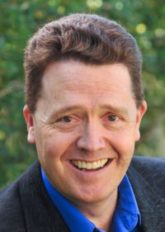
Dr. Paul Jenkins has 20+ years’ experience as a professional psychologist. He is an author, speaker, positivity expert, and personal development coach. He is also the host of “Live On Purpose Radio” since 2007 and Contributor to the record-breaking 60 hours World Hope Cast. His YouTube channel, Live On Purpose TV was launched in 2018 and is steadily gaining subscribers and changing lives.
Dr. Paul illuminates obvious principles, that when applied have life-changing benefits in your personal, family, and professional life. He knows the science behind the brain and relays the information in ways you can actually read, understand and use. It is like having an owner’s manual for your brain. Pathological Positivity and its pocket-sized companion, Portable Positivity, are the manual to power-up your positivity.

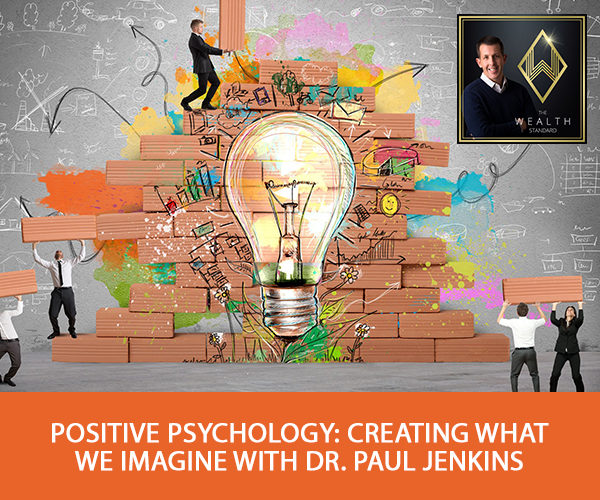
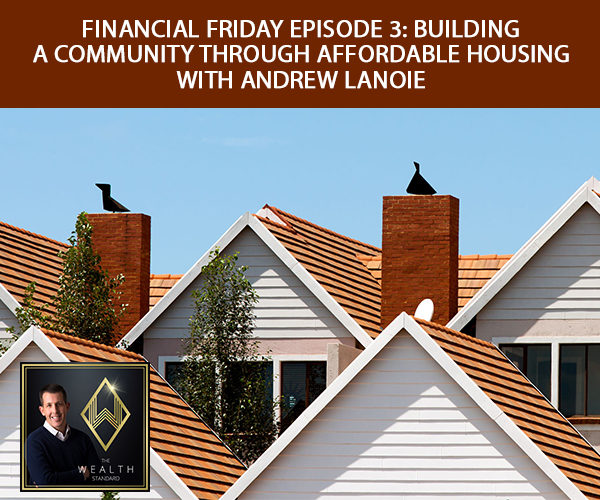
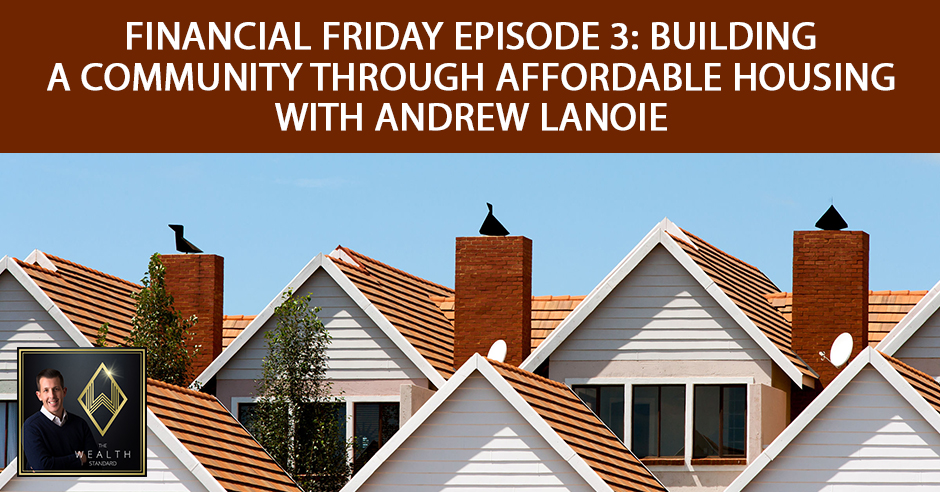




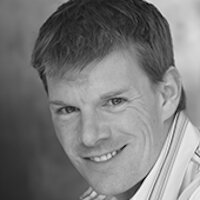
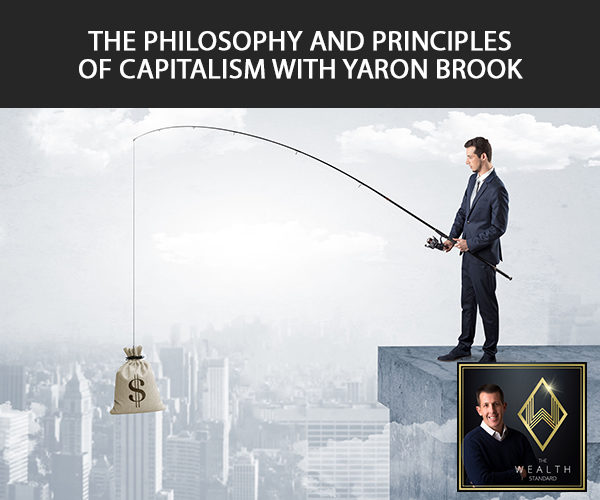
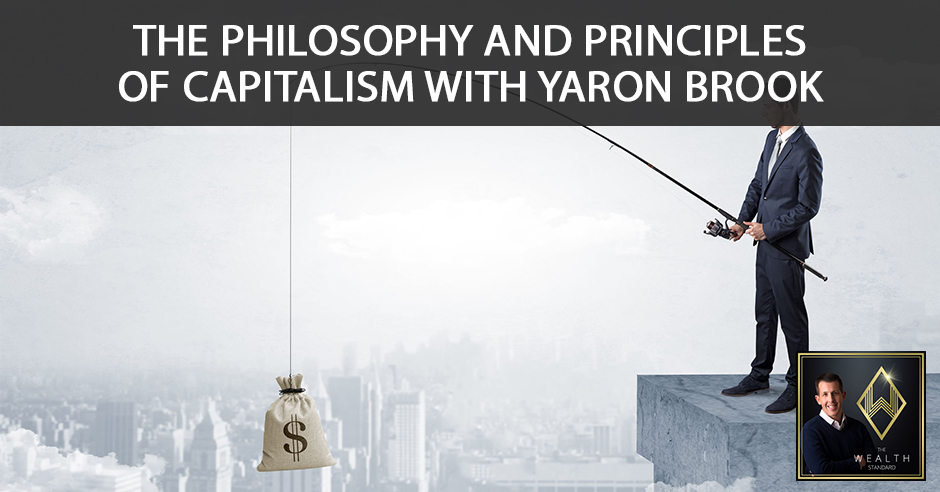
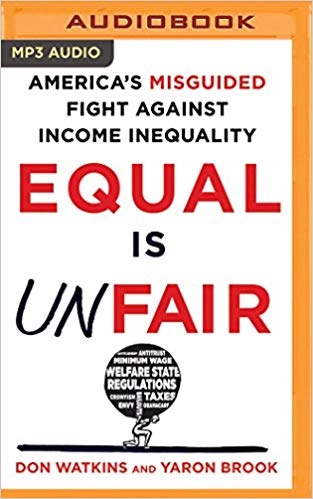
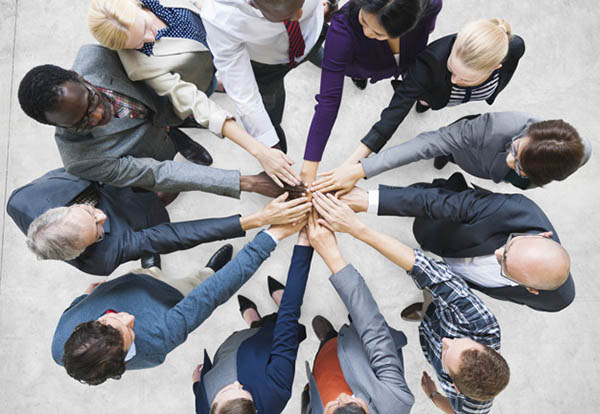



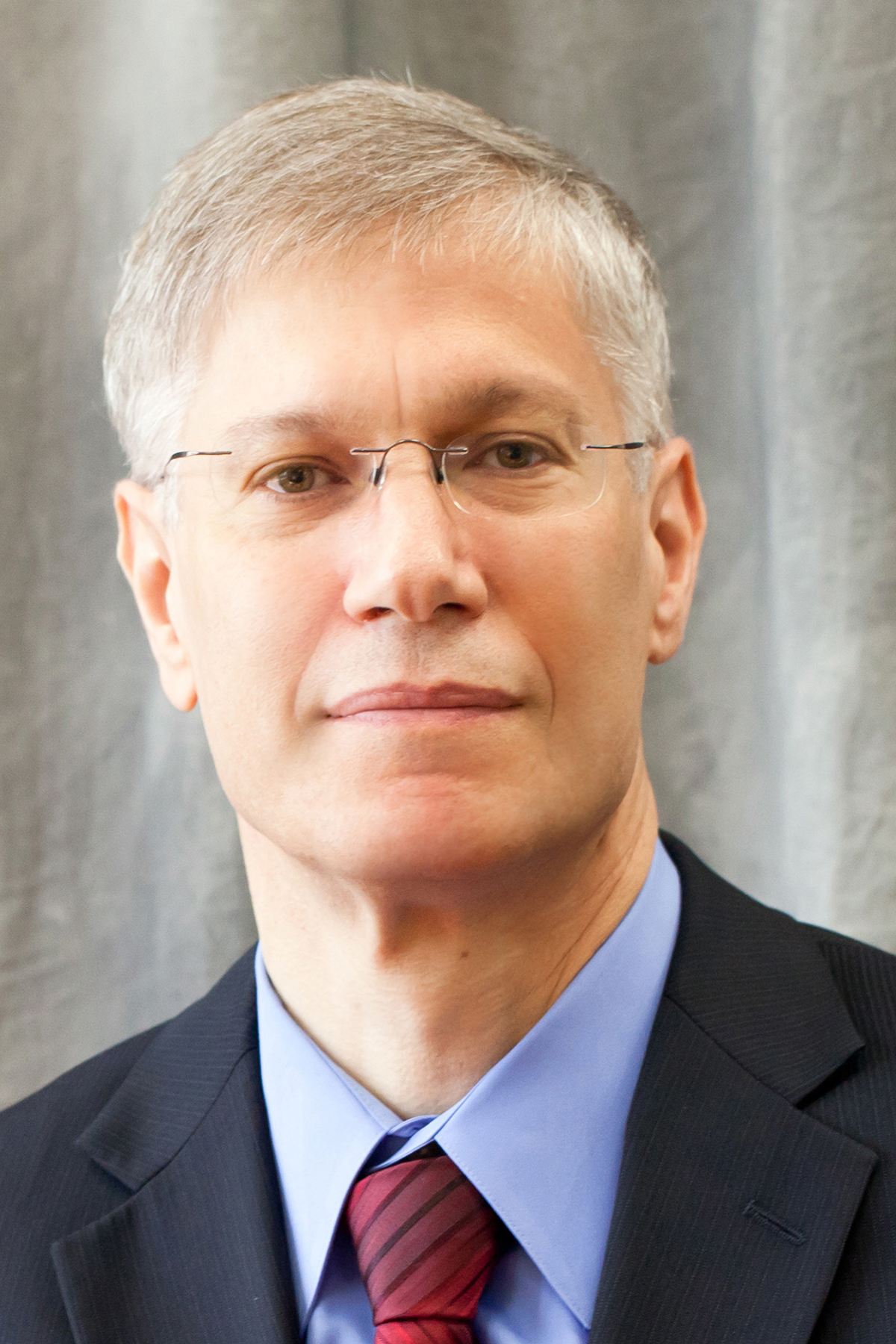
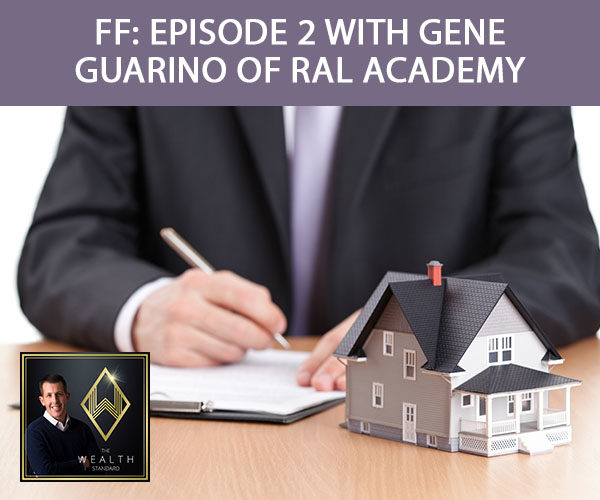
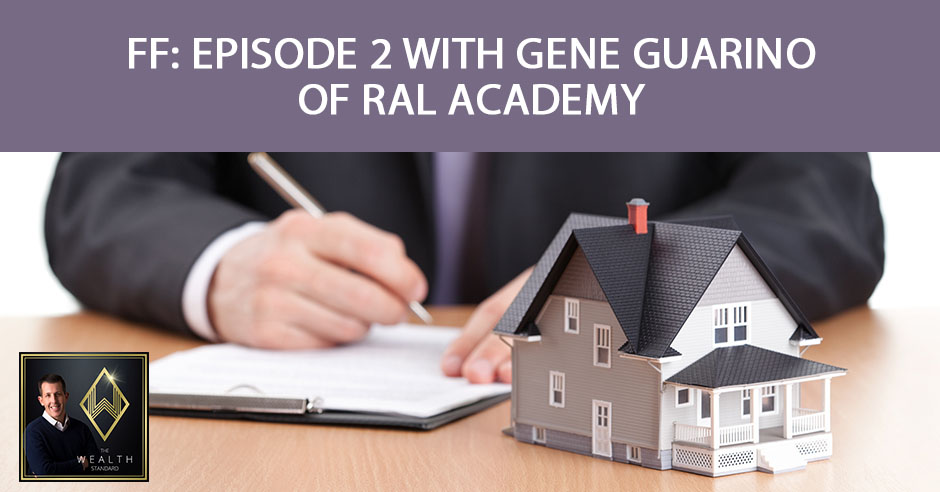




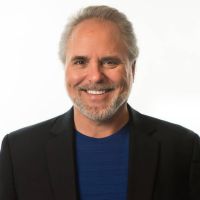
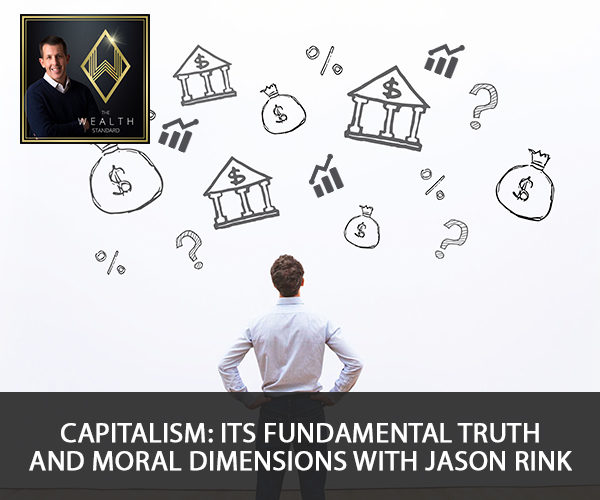
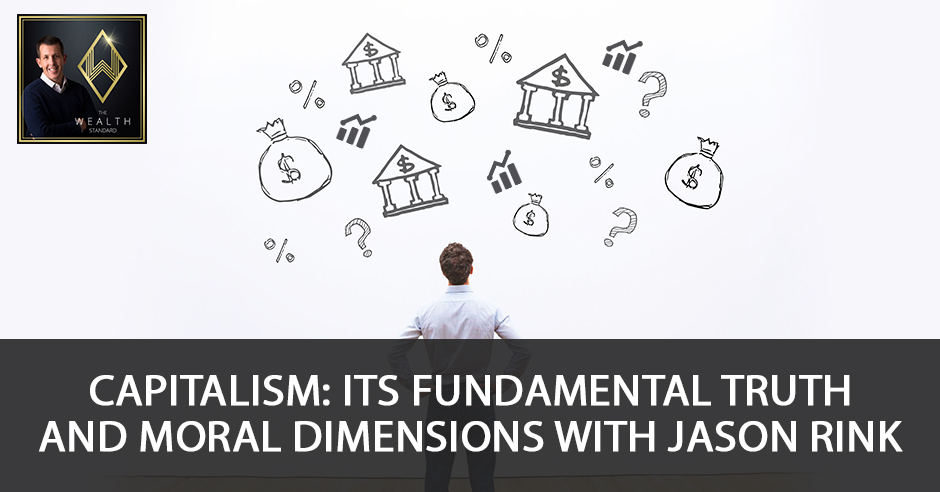

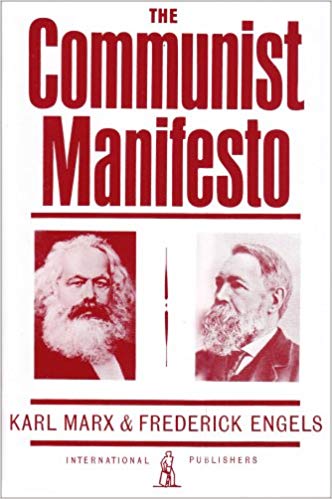
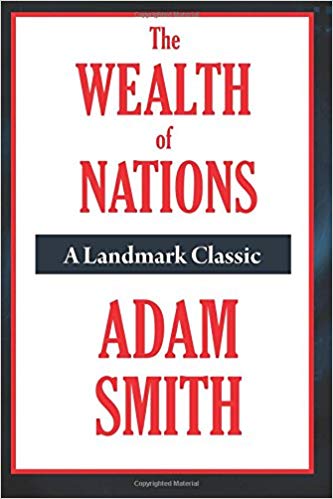



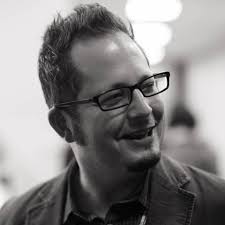 Jason Rink is an award-winning producer and director of documentary films, an author, a marketer, and a self-proclaimed Capitalist. Prior to starting his own company, he spent 10 years in commercial banking, and four years as a producer and director at Emergent Order, a creative agency in Austin, Texas. Jason has worked with Academy Award-winning actor Richard Dreyfuss, Congressman Ron Paul, Senator Rand Paul, and brands such as Aston Martin, the Charles Koch Institute, and Mercer.
Jason Rink is an award-winning producer and director of documentary films, an author, a marketer, and a self-proclaimed Capitalist. Prior to starting his own company, he spent 10 years in commercial banking, and four years as a producer and director at Emergent Order, a creative agency in Austin, Texas. Jason has worked with Academy Award-winning actor Richard Dreyfuss, Congressman Ron Paul, Senator Rand Paul, and brands such as Aston Martin, the Charles Koch Institute, and Mercer.













